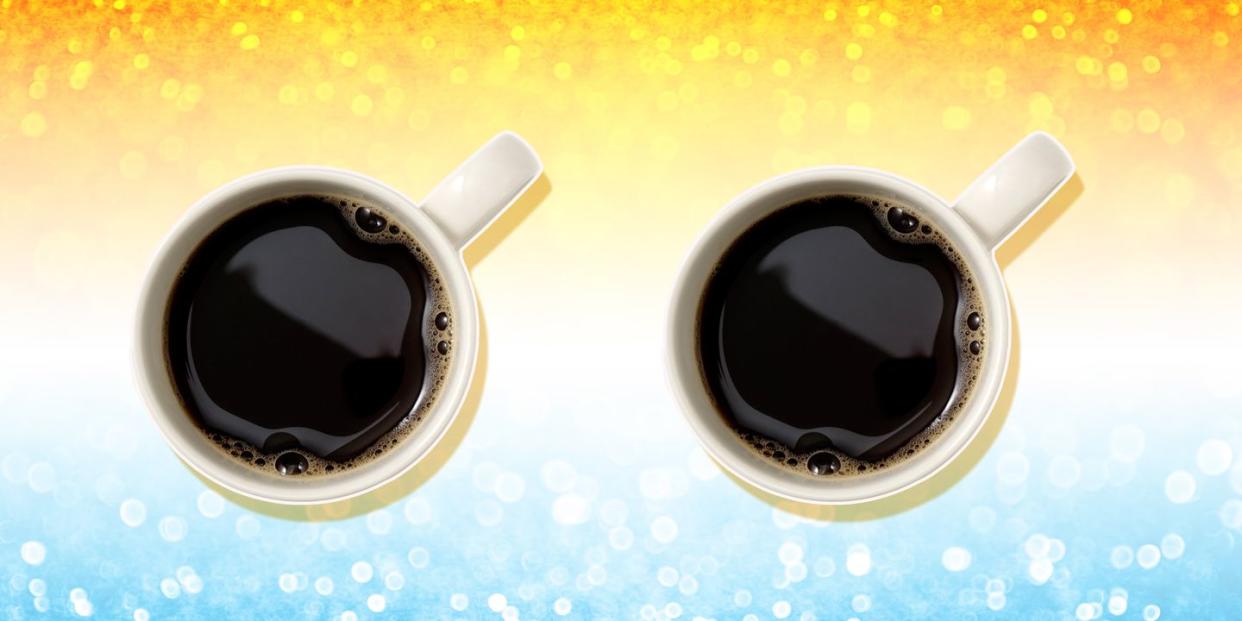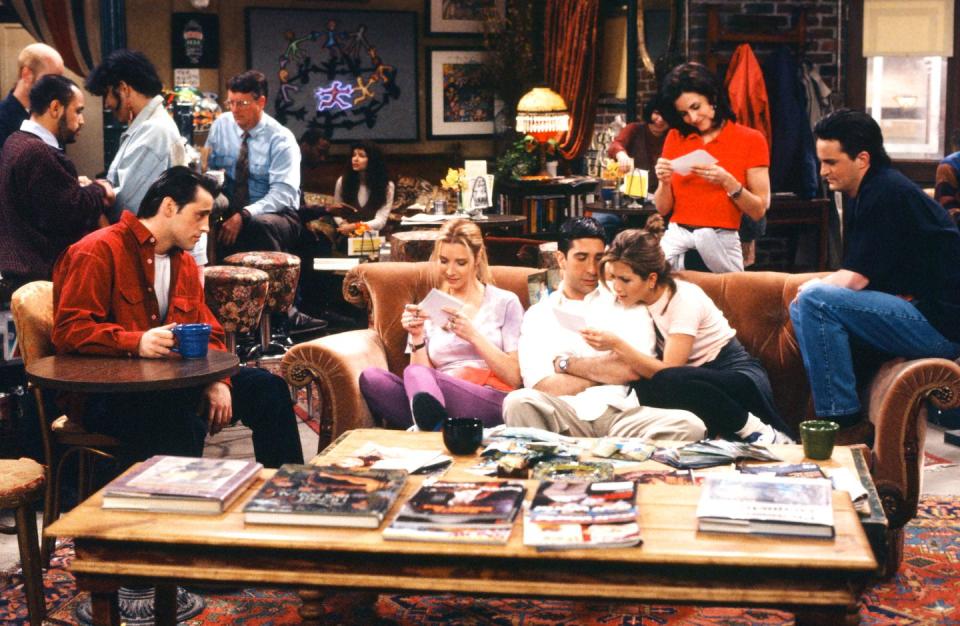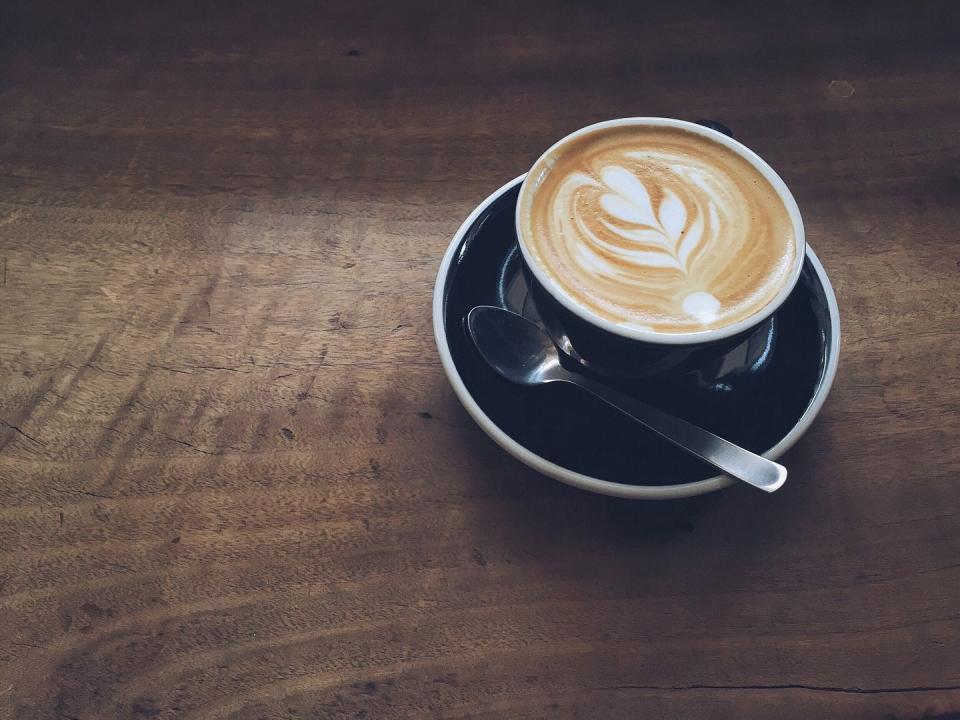Are you drinking your first coffee too early for the caffeine to take effect?

If you're like most of the population, and require a cup of coffee first thing to vaguely function, the chances are, swinging by Starbucks is probably top of your daily agenda. Because who wants to go into a 9am meeting feeling bleary-eyed and anything but buzzing from caffeine?
But like a wise old friend, I'm here to tell you that if that's your everyday routine, you might be doing it all wrong. According to health expert Dr Sarah Brewer, it's not worth drinking coffee before 10am because it won't actually have its desired effect.

As part of research carried out by bed and sleep specialist Time 4 Sleep, it was discovered most people have their first cup of coffee at 8.30am, but Dr Brewer has a pretty simple explanation as to why this is ineffective.
"It’s never a good idea to reach for the coffee pot immediately after waking," the expert said. "Between 8am and 9am your body is naturally flooded with cortisol – a stress hormone that has an alerting effect and mobilises energy after your overnight fast.
"Your blood cortisol levels are highest between half an hour and two hours after waking," explains the doctor, who adds: "When your cortisol is peaking, it’s the worst time to drink coffee because caffeine mimics the stress response and causes your cortisol levels to rise even further. This disturbs your biorhythms and induces a caffeine intolerance so it is less effective later in the day."

Your body, the clever old thing, naturally releases the very hormone caffeine generates every morning as a mechanism to get you up. But by triggering the release of yet more cortisol with an early morning cup of coffee, you will gradually cause yourself to build up an intolerance to this reaction and your steaming hot espresso will eventually have little-to-no effect.
Drinking your coffee after 10am, however, will ensure your cortisol levels have dipped sufficiently to ensure your caffeine has an impact.
According to Dr Brewer, "the length of time caffeine stays in your body varies widely", with the time taken for blood levels to fall by half ranging broadly from person to person. Apparently, it can take anywhere from 2 hours, 40 minutes to as long as nearly 10 hours to remove itself from your system depending on how your body works.

For this reason, the doctor doesn't recommend having your last coffee of the day much past 5pm. "If you feel like you’re flagging at 5pm, you could have a third cup of coffee if you metabolise caffeine quickly, so that it won’t interfere with sleep," she advised. However, if you metabolise caffeine slowly, Dr Brewer notes that drinking coffee at 5pm "may keep you tossing and turning at night."
It's also worth noting that our bodies naturally experience "a third, much smaller rise in cortisol" late in the afternoon, around 5:30pm to 6pm - so if you avoid having another latte then, you might find you perk up naturally early into the evening.
Follow Cat on Instagram.
('You Might Also Like',)


